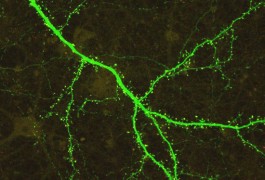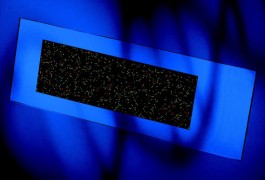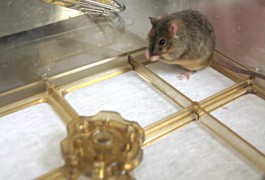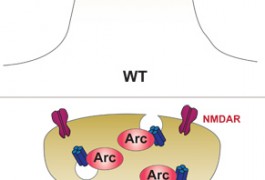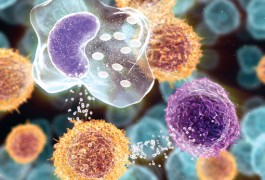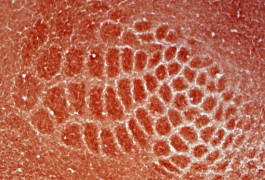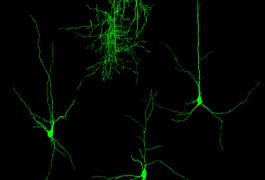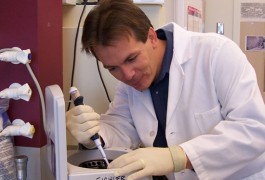Pharma companies set their sights on autism
A decade of research on the biology of autism, combined with a steady rise in diagnoses, has finally piqued the pharmaceutical industry’s interest in developing drugs for the disorder. Preliminary data from one small clinical trial already show positive results, and results from several others are expected early this summer.

